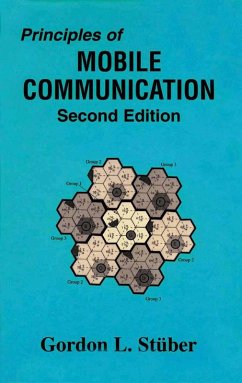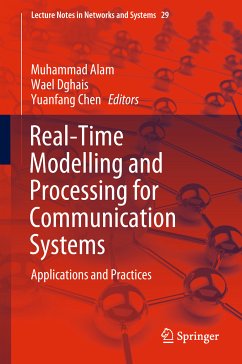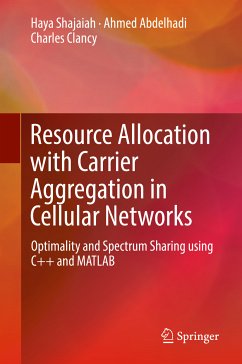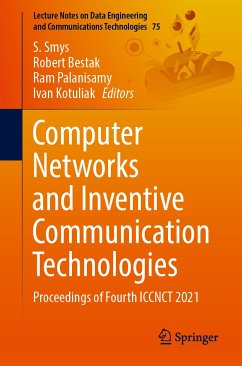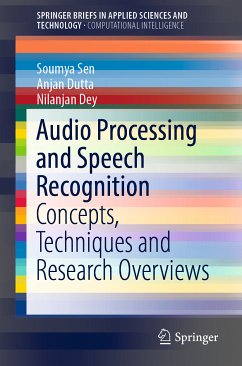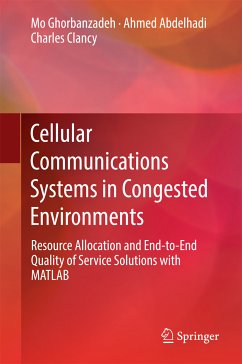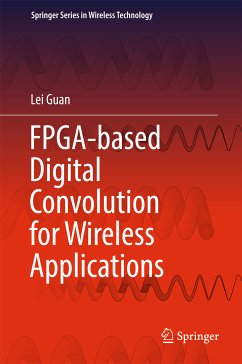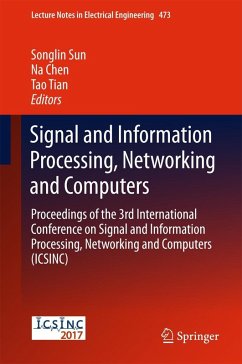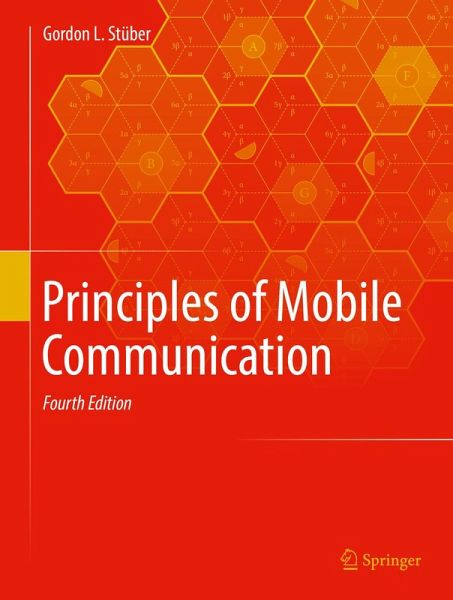
Principles of Mobile Communication (eBook, PDF)
Versandkostenfrei!
Sofort per Download lieferbar
72,95 €
inkl. MwSt.
Weitere Ausgaben:

PAYBACK Punkte
36 °P sammeln!
This mathematically rigorous overview of physical layer wireless communications is now in a 4th, fully revised and updated edition. The new edition features new content on 4G cellular systems, 5G cellular outlook, bandpass signals and systems, and polarization, among many other topics, in addition to a new chapters on channel assignment techniques. Along with coverage of fundamentals and basic principles sufficient for novice students, the volume includes finer details that satisfy the requirements of graduate students aiming to conduct in-depth research. The book begins with a survey of the f...
This mathematically rigorous overview of physical layer wireless communications is now in a 4th, fully revised and updated edition. The new edition features new content on 4G cellular systems, 5G cellular outlook, bandpass signals and systems, and polarization, among many other topics, in addition to a new chapters on channel assignment techniques. Along with coverage of fundamentals and basic principles sufficient for novice students, the volume includes finer details that satisfy the requirements of graduate students aiming to conduct in-depth research. The book begins with a survey of the field, introducing issues relevant to wireless communications. The book moves on to cover relevant discrete subjects, from radio propagation, to error probability performance, and cellular radio resource management. An appendix provides a tutorial on probability and random processes. The content stresses core principles that are applicable to a broad range of wireless standards. New examples are provided throughout the book to better explain the more complex material to the reader. Additional problems have also been added to those already appearing at the ends of the chapters to make the book more suitable for course instruction.
Dieser Download kann aus rechtlichen Gründen nur mit Rechnungsadresse in A, B, BG, CY, CZ, D, DK, EW, E, FIN, F, GR, HR, H, IRL, I, LT, L, LR, M, NL, PL, P, R, S, SLO, SK ausgeliefert werden.



